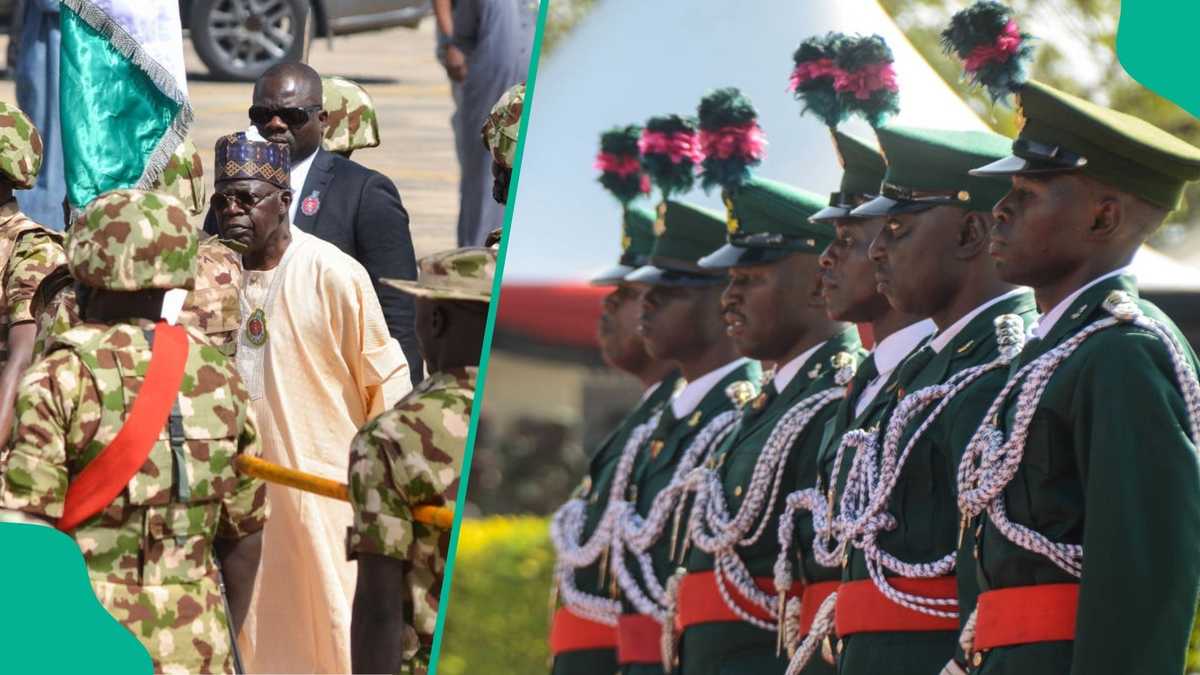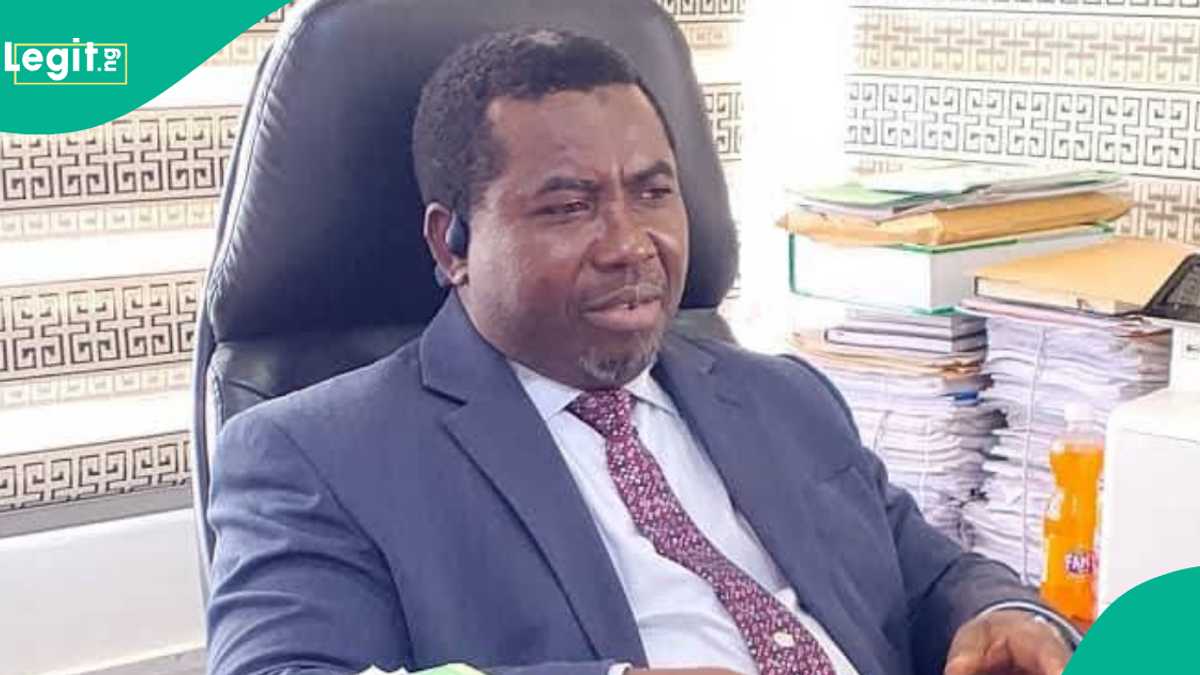
Revealed: See the number of Generals forced out of service under Buhari, Tinubu
Over 500 senior military officers were forced into early retirement under Buhari and Tinubu administrationsTinubu’s 2023 appointment of new service chiefs triggered another wave of exits across the armed forcesRetired generals and experts criticised the mass retirements, warning of waste and structural imbalance Despite persistent insecurity challenges across Nigeria, findings have revealed that more than 500 senior military officers, have been forced into early retirement under the administrations of former President Muhammadu Buhari and President Bola Ahmed Tinubu. Among the long list of Generals are including Major-Generals, Brigadier-Generals, Rear Admirals, and Air Vice Marshals. The mass disengagements, which cut across the Army, Navy, and Air Force between 2015 and 2023, were carried out in line with long-standing military tradition. As reported by Punch, by convention, senior officers who are of the same course or senior to newly appointed service chiefs are required to retire once new leadership emerges. Military sources, however, claim the number of affected generals could be as high as 900, though this figure has yet to be officially verified. Buhari-era retirements reshaped the military hierarchy The first major wave of retirements came shortly after Buhari appointed new service chiefs in July 2015, including Lt.-Gen. Tukur Buratai (Army), Air Marshal Sadique Abubakar (Air Force), and Vice Admiral Ibok-Ete Ibas (Navy). Over 100 senior Army officers were retired in that exercise, while the Navy lost more than 20 senior officers, including Commodores and a Rear Admiral. A second phase occurred in 2021, following Buhari’s replacement of all service chiefs with Air Marshal Isiaka Amao, late Lt.-Gen. Ibrahim Attahiru, and Vice Admiral Awwal Gambo. That round saw another 123 generals leave the Army, alongside over 50 officers each from the Air Force and Navy. Tinubu administration continues the trend Under President Bola Tinubu, the pattern has persisted. Within weeks of assuming office in June 2023, Tinubu appointed Lt.-Gen. Taoreed Lagbaja, Air Marshal Hasan Abubakar, and Vice Admiral Emmanuel Ogalla as service chiefs, triggering another mass exit. That shake-up led to the retirement of 51 Army generals, 49 senior Air Force officers, and 17 senior naval officers. Following Tinubu’s latest restructuring of the military high command, in which Gen. Olufemi Oluyede replaced Gen. Christopher Musa as Chief of Defence Staff, insiders anticipate that about 60 more top officers could be disengaged in the coming weeks. Retired generals express mixed reactions Speaking with Legit.ng on Monday, October 27, Major-General Ishola Williams (retd.) criticised the mass retirements, calling them “a relic of military regime practices.” “Once the government replaces the service chiefs, it means that the former set must retire because they cannot serve under their juniors. “This practice is wrong. The government should give notice and create a proper succession plan rather than sudden dismissals," he said. Williams proposed reforms that would make the Chief of Defence Staff the principal military adviser to the President, allowing service chiefs to maintain continuity within their commands.Vanguard reported. “Remove the cabals,” says Gen. Momoh Also commenting, General Aliyu Momoh (retd.) commended Tinubu for reconstituting the military leadership but urged him to “go deeper” by removing what he described as “cabals and cartels within the system.” “The President has done well to act, but the real issue is beyond uniforms. The cabals behind insecurity must be dismantled. “Without that, even in eight years, Nigeria will keep repeating the same mistakes," he said. Experts warn of unsustainable structure Retired Group Captain Sadique Shehu, who served on the Committee for Armed Forces Reform, described the large number of generals as “unsustainable and structurally flawed.” “As of 2022, Nigeria had about 960 generals for just 235,000 personnel,” he said. “For comparison, the United States, with 1.3 million personnel, has around 900 generals. That shows how inflated our ranks are.” Shehu blamed the situation on political interference, poor manpower planning, and weak legislative oversight. “The problem begins when too many officers are promoted to general. Each time a new service chief is appointed, entire batches must retire, creating waste and instability,” he added. Alleged coup plot: Over 60 generals to exit Meanwhile, Legit.ng previously reported that as Nigeria’s defence establishment undergoes another round of sweeping changes, no fewer than 60 senior military officers are expected to leave. This, however, follows President Bola Ahmed Tinubu’s latest appointments of Service Chiefs. Presidency explains sack of service chiefs Previously, Legit.ng reported that the Presidency has explained the reason President Bola Ahmed Tinubu sacked and replaced service chiefs in the country. Legit.ng earlier reported that President Tinubu announced the sacking of service chiefs, including the Chief of Defence Staff, Christopher Musa. This came days after the rumour of a plot by some military officers to overthrow the president and kill him. Source: Legit.ng
